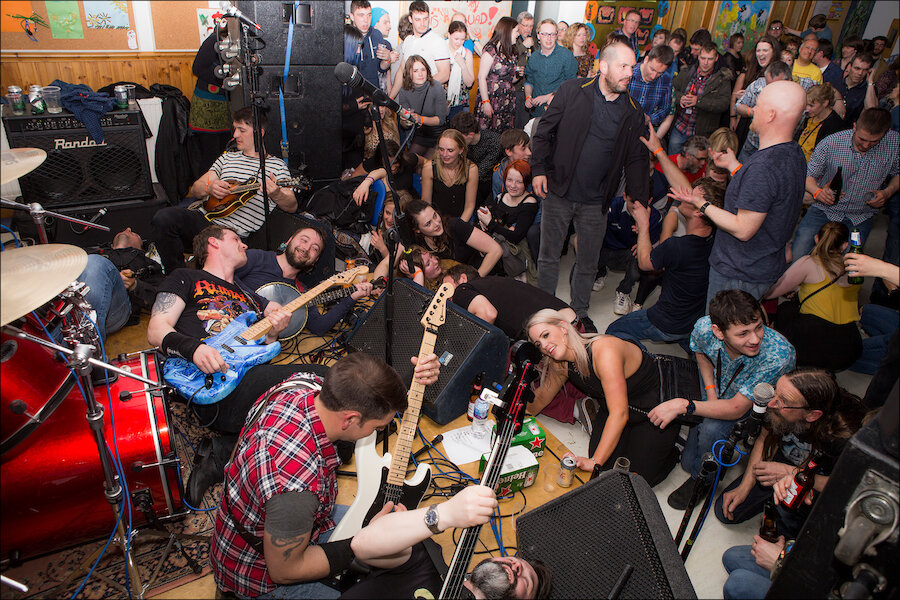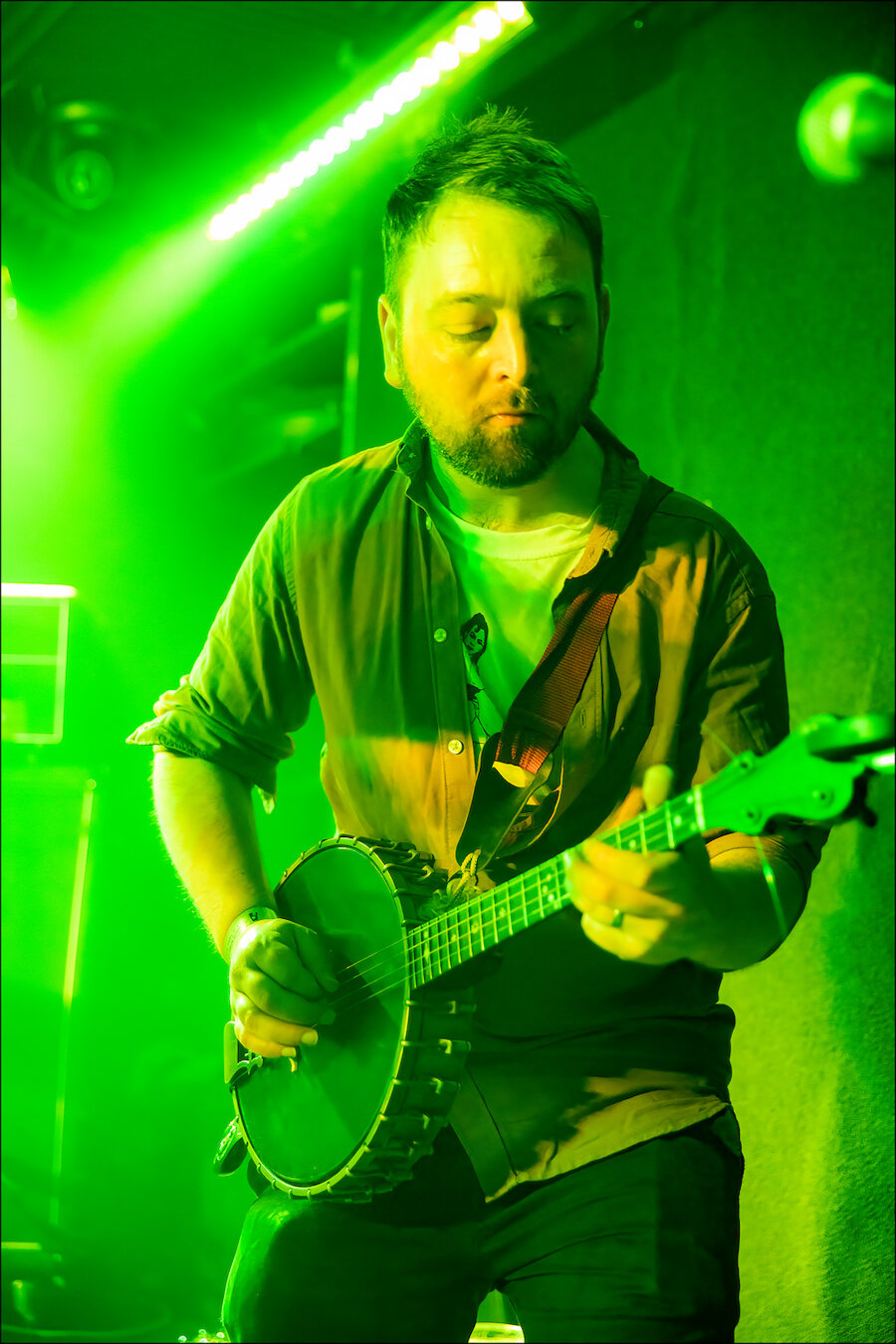It is truly exciting to be playing live music again, seeing people exhilarated to be out dancing and singing with friends. As I write, I have just returned from my first “mainland” trip since we were told to “stay at home” in March 2020, and the first mainland gig with The Revellers since 2019.
However, one of the trip’s highlights for me was a chance-invite to a friend’s flat where the whole living room (all folk musicians based in Glasgow) enjoyed an informal session through the whole evening. It was a reminder of the power of music on the soul and a timely example of what can make traditional music so powerful.
Playing music in a room and collaborating with people you admire and respect – there are few things so life affirming to me. Laughter, enthusiasm, the exchanging of tunes, songs, humour and maybe a dram or two. The anticipation of learning and pushing your musical boundaries, the joy of remembering a melody you forgot you had loved. Then those moments of awe when you see musical heroes doing something only they can do or when you notice the early glimmer of talent by someone you hadn’t met or didn’t realise they even played.
When it is done well, it is based on mutual respect and open mindedness – a cacophony of sounds, culture, stories that you can fully participate in as both audience member and player. No hierarchy, nothing forced and everyone chipping in at will.
The same could be said about traditional music in general. As the classical composer, Gustav Mahler said: “Tradition is not the worship of ashes, but the preservation of fire.” It evolves all the time to reflect what is happening (or sometimes what is missing) in our lives.
Most of the traditional customs we take pride in in Shetland are heavily influenced by other cultures. For example, our famous fiddle tradition literally came off a boat from Germany or the Netherlands when the Hanseatic trade brought European vessels to Shetland’s shores. As well as goods and fish, music and tunes were traded, too.

